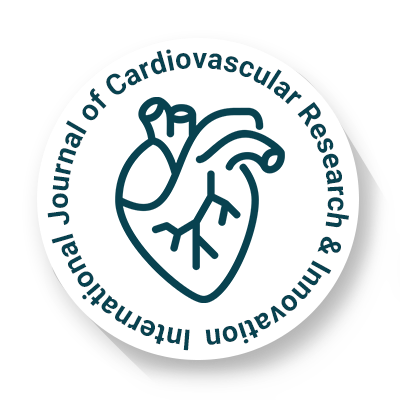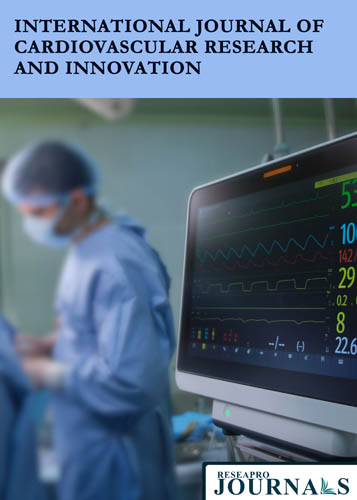
International Journal of Cardiovascular Research & Innovation
OPEN ACCESS

OPEN ACCESS

Department of Biotechnology, MITS School of Biotechnology, Odisha, India
Cardiovascular diseases (CVD) remain a leading cause of global mortality, with coronary artery disease (CAD) being among the most prevalent conditions. Recent research indicates that probiotics play a role in modulating gut microbiota, offering potential therapeutic benefits in CVD management. Probiotics have demonstrated efficacy in reducing systemic inflammation, lowering cholesterol levels, and improving insulin sensitivity, which are key contributors to cardiovascular health. This review draws on peer-reviewed clinical studies focusing on strains such as Lactobacillus reuteri and Bifidobacterium longum to explore their role in improving lipid profiles, regulating blood pressure, and enhancing endothelial function. Studies were selected based on randomized controlled trials and observational data that examined the effect of probiotic interventions on cardiovascular outcomes. Results indicate significant reductions in low-density lipoprotein (LDL) cholesterol and improvements in vascular health through modulation of gut dysbiosis and reduction in oxidative stress. While probiotics offer promising benefits, safety concerns exist, particularly for immunocompromised patients, necessitating careful strain selection and monitoring. Moreover, individual variability in response to probiotics highlights the importance of personalized therapeutic approaches. Future research should focus on developing standardized clinical protocols, optimizing dosages, and conducting long-term studies to validate sustained benefits. In conclusion, probiotics represent a complementary strategy for managing CVD by addressing modifiable risk factors. However, further research is needed to refine personalized probiotic therapies and integrate them with pharmacological interventions. With robust clinical validation, probiotics could become an integral part of preventive cardiology, contributing to comprehensive cardiovascular care through targeted modulation of the gut microbiome.
Department of Biotechnology, MITS School of Biotechnology, Odisha, India